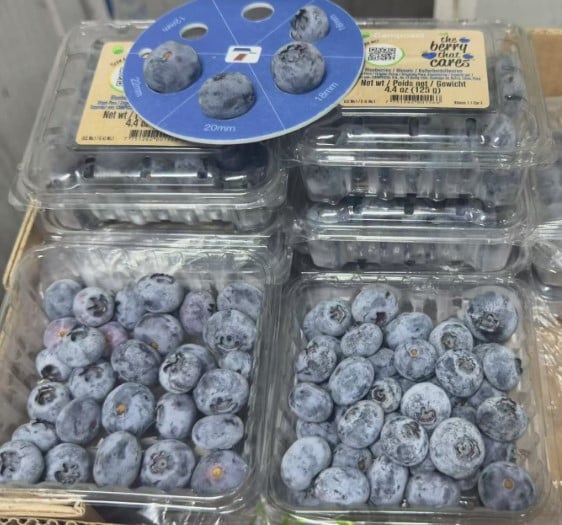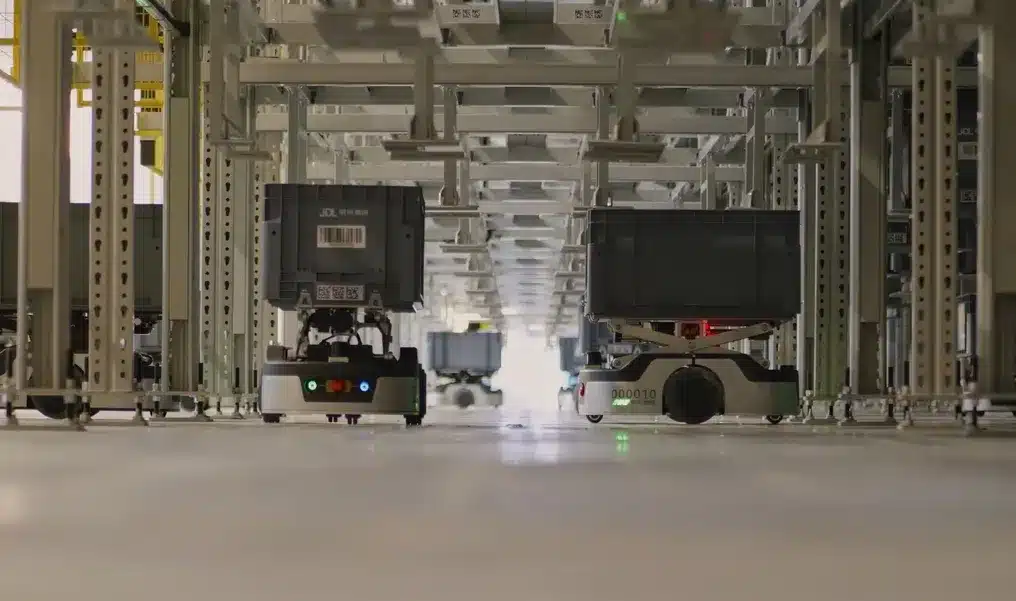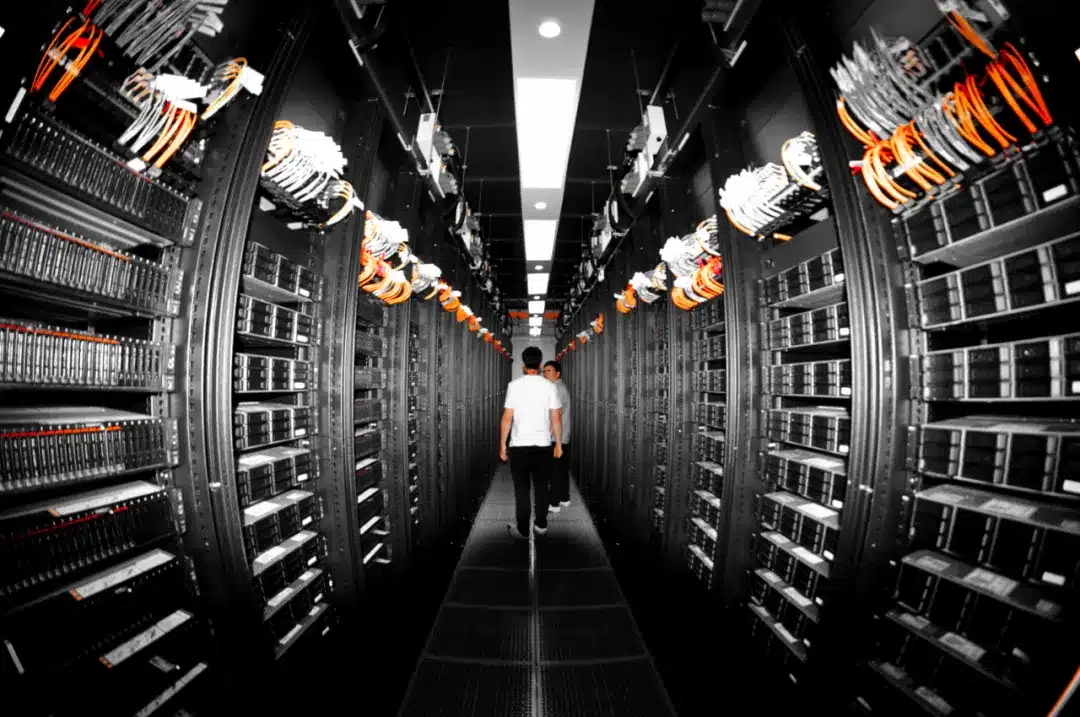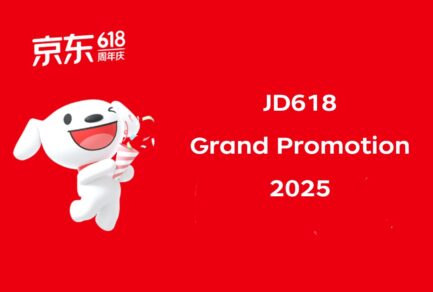Apr 3, 2023|
JD Report: The Rising Demand for Sleep Solutions: How Sleep Deprivation and Fragmented Sleep are Reshaping the Market
by Vivian Yang
Following the occasion of World Sleep Day 2023 on March 21, JD.com’s Consumption and Industry Development Research Institute, in partnership with JD Home and Sina Home, unveiled an insightful report on Chinese people’s sleep patterns and the trends in sleep-related products. Surveys highlight the growing need for sleep solutions as sleep deprivation and fragmented sleep become increasingly common.
Key findings from the report:
- Sleep deprivation is a widespread issue among the Chinese population, as indicated in the Annual Sleep Report of China 2022 by the Academy of Social Sciences. JD’s survey further discovered that over 40% of respondents under 45 years old reported less than six hours of sleep per night on average, with a notably higher proportion of people in rural areas experiencing less than 5 hours of sleep per night.
- Sleep disorders can be broadly classified into two categories: “excessive stress” and “excess energy.” These issues are particularly prevalent among younger individuals, while older adults struggle with sleep quality and duration. Consequently, tailored solutions are required to address each concern.
- Strong consumer demand exists for products that promote a healthy, quiet, and comfortable sleep environment, such as beds, mattresses, and bedding. First and second-tier city residents show a preference for smart devices to monitor and enhance their sleep quality.
- The desire for an afternoon nap during lunch breaks, commutes, or travel is highly prevalent, especially among high-tier city consumers and young people who are eager to create comfortable spaces for napping.
- Sleep-deprived individuals who experience discomfort while sleeping tend to seek products that enhance personal comfort, while those sensitive to external factors such as noise, light, and temperature tend to prefer products that improve the overall ambiance of their sleep environment.
JD’s 2022 sales data corroborates these sleep-focused consumption trends:
JD’s 2022 consumption data showed that the fastest-growing sleep-related categories include smart mattresses, beanbags, hanging baskets/chairs, cervical pillows, sleep therapy instruments, swivel chairs, and folding beds. Sofas and chairs cater to the demand for napping spaces, while cervical pillows and sleep therapy instruments address consumers’ growing desire for better sleep quality.
JD’s sales data revealed impressive YoY growth for swivel computer chairs (65%), electronic sofas (80%), zero-pressure cervical pillows (50%), gem aroma (200%), bedroom ambient lighting (50%), and noise reduction earplugs (76%).
Consumers under 25 years old gravitate toward napping products like such as beanbags, swivel computer chairs, pillows, blankets, eye masks, and ear plugs, as well as smart devices for sleep monitoring.
Furthermore, high-tier market consumers demonstrate a greater demand for smartwatches, air purifiers, latex mattresses, lazy loungers and folding beds, which may be due to the higher rental rates in big cities. In contrast, lower-tier markets lean towards air conditioners, quiet doors, and other products that create a healthier and more comfortable sleeping environment.







 Blokker and Ochama Exceed Collaboration Ambitions
Blokker and Ochama Exceed Collaboration Ambitions



